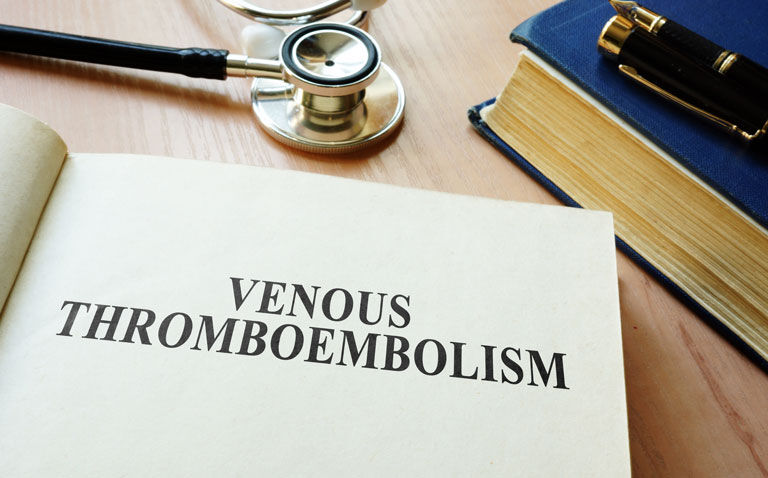Intermediate dose LMW heparins offer the most favourable risk-benefit profile for preventing venous thromboembolism in acutely ill patients
A network meta-analysis by a collaborate team from the Netherlands, Denmark and the UK has suggested that intermediate dose low molecular weight (LMW) heparins offer the greatest balance of benefit and harm for the prevention of venous thromboembolism (VTE) in acute ill hospitalised patients.
Venous thromboembolism is not uncommon with one US study estimating that a VTE occurs in approximately 100 persons per 100,000 each year and that an estimated one third of these patients will also develop a pulmonary embolism. Furthermore, VTEs are commonly seen in those with limited movement as revealed in another study that observed how 59% of VTWs in the community could be attributed to institutionalisation such as current or recent hospitalisation or nursing home residence.
Although any of the available anticoagulants such as intermediate dose LMW heparins, unfractionated heparin or even oral anticoagulants are effective for the prevention of a VTE, there are differences in the risk-benefit profile of each of the different agents leading to differences in guidance produced by national bodies.
For example, in the UK, NICE advocates the use of LMW heparins as a first-line treatment for the prevention of venous thromboembolism in acutely ill patients. In contrast, the American Society for Haematology suggests that for acutely ill medical patients, clinicians can use unfractionated heparin, LMW heparins or fondaparinux.
These slight differences have no doubt arise because to date, there is a lack of comparative data on the most appropriate anticoagulant type and dose for the management of VTE in acutely ill patients.
For the present study, researchers performed a systematic review and network meta-analysis to assess the benefits and harms of different types and doses of anticoagulant drugs for prevention of venous thromboembolism in acutely ill adults who have been admitted to hospital.
To assess the effectiveness of different anticoagulants, they used a composite primary outcome of all-cause mortality, symptomatic venous thromboembolism, major bleeding and serious adverse events.
Intermediate dose LMW heparins and outcomes
A total of 44 randomised trials with 90,095 participants and a median age of 68.5 years (46.5% women) were included in the analysis.
Thirty-six trials reported on all-cause mortality but interestingly, none of the interventions reduced all-cause mortality in comparison to placebo. However, when compared to no intervention, intermediate dose low-molecular-weight heparins led to a significant reduction (odds ratio, OR = 0.79, 95% CI 0.61 to 0.96) as did pentasaccharides (OR = 0.44, 95% CI 0.20 to 0.92).
Intermediate dose LMW heparins were the only intervention to reduce the incidence of symptomatic venous thromboembolism compared to placebo (OR = 0.66, 95% CI 0.46 – 0.93) but all of the interventions were effective compared to no treatment.
Both intermediate dose unfractionated heparin and direct oral anticoagulants were the two groups of agents most likely to increase major bleeding though there were no apparent differences between the different interventions with respect to the incidence of major adverse effects.
Based on these findings, the authors concluded that intermediate dose LMW heparins conferred the best balance of benefits and harms for prevention of venous thromboembolism in acutely ill hospitalised patients. In contrast, unfractionated heparin, in particular the intermediate dose and direct oral anticoagulants had the least favourable profile.
Citation
Eck RJ et al. Anticoagulants for thrombosis prophylaxis in acutely ill patients admitted to hospital: systematic review and network meta-analysis BMJ 2022










